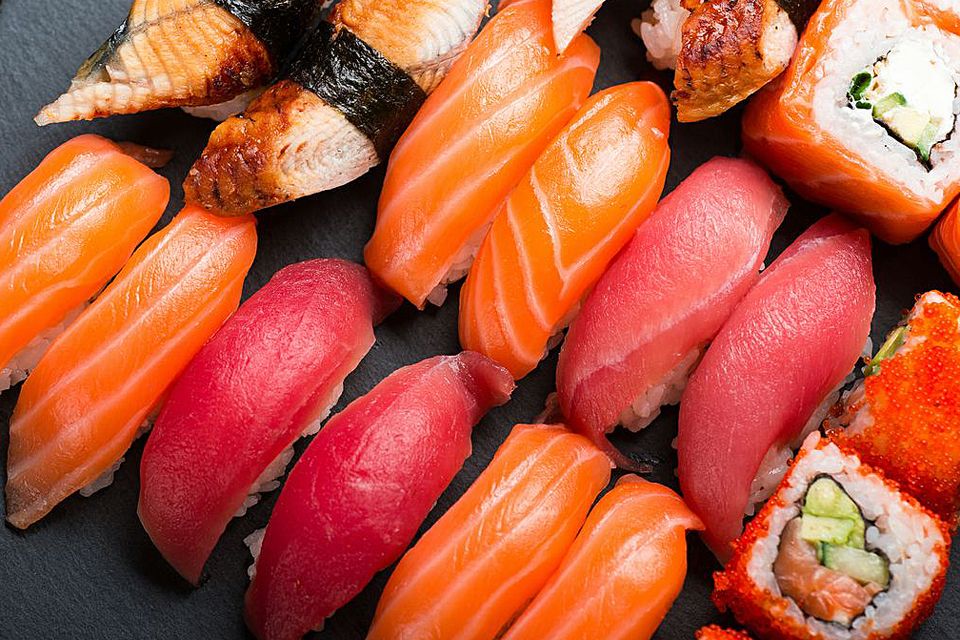Online
Tool Screens Finfish Fillets for Mislabeling, Substitution
NOAA
 |
| UCLA |
Developed by the National Seafood Inspection Laboratory (NSIL), the Species Substitution & Protein Pattern Matching Tool could help the seafood industry address finfish substitution and fraud.
Finfish fillets can be
incorrectly labeled at any one of the numerous links in the chain from the
fishermen to retail markets or restaurants. And the reasons for mislabeling are
almost as numerous—ranging from a simple mistake to intentional fraud aimed at
selling cheaper products at a higher price point.
For shoppers, mislabeled
fillets thwart consumer choice and can introduce food safety risks. The
practice also erodes consumer confidence in seafood and undermines the economic
viability of U.S. fisheries, which are rigorously
managed under 10 national
standards of sustainability.
To help maintain the nation’s safe, sustainable supply of seafood, researchers at NSIL developed a lab method and online screening tool that lab technicians can employ to compare finfish muscle proteins against NSIL’s Authenticated Finfish Species Library.
The tool quickly generates
a list of species matches ranked from most to least likely—positioning it as a
perfect precursor and complement to DNA testing programs.
Wholesale and other
buyers typically send their fillet samples to third-party labs for DNA analysis
when they suspect species substitution.
By first screening their samples for common substitutions with the Species Substitution & Protein Pattern Matching Tool, however, these buyers can save time and money, reserving DNA testing for instances when a probable mislabeling needs to be verified.
By first screening their samples for common substitutions with the Species Substitution & Protein Pattern Matching Tool, however, these buyers can save time and money, reserving DNA testing for instances when a probable mislabeling needs to be verified.
The U.S. Food and Drug
Administration and other regulatory labs currently using DNA testing could also
fold NSIL’s tool into their procedures to screen a larger quantity of finfish
fillets for common substitutions.
The Species Substitution
& Protein Pattern Matching Tool is one of many services and resources
provided by NSIL. From their offices in Pascagoula, Mississippi, the NSIL team
works cooperatively with federal and state agencies, international governments
and organizations, and private industry to ensure the safety of seafood for
U.S. consumers.
To explore the tool,
visit speciessubstitution.fisheries.noaa.gov.